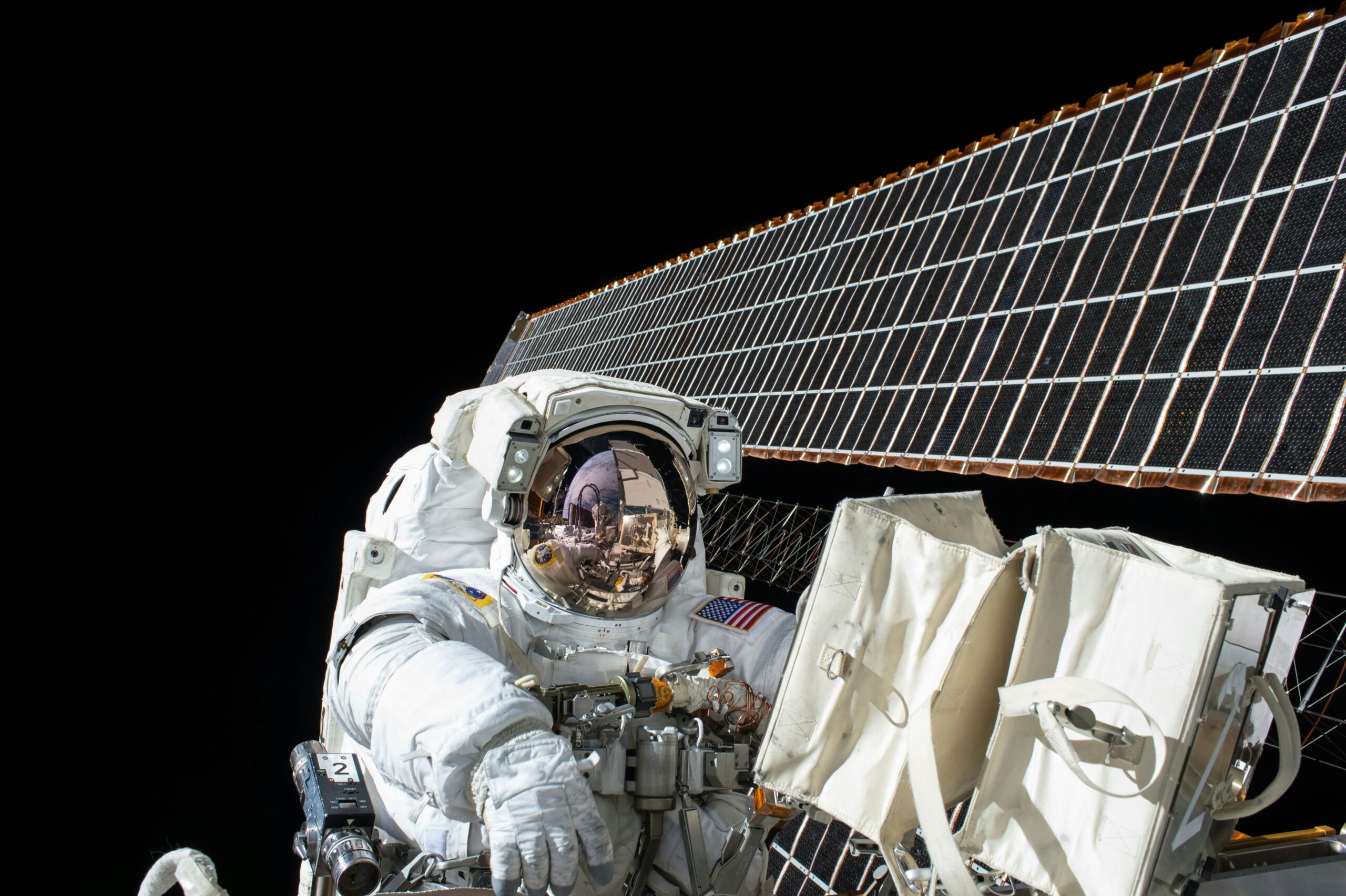NASA’s decision to block Chinese nationals from its facilities is more than a security measure; it’s a direct consequence of a new Cold War in space that the United States is actively trying to win. This move, which has left Chinese scientists with valid U.S. visas suddenly locked out of their work, is a clear signal that the era of open scientific collaboration between the world’s two largest economies is over.
Instead, a dangerous new phase of geopolitical competition has begun, where the lines between science and national security have blurred to the point of being indistinguishable. Washington’s fear is palpable: that it is losing the second space race, not just to the Moon, but to technological dominance on Earth.

The Battle for Moon Minerals and Technological Supremacy
The current space race isn’t a repeat of the 1960s; it’s a strategic battle for supremacy that extends far beyond planting a flag. As Senator Ted Cruz rightly stated, the stakes could not be higher. Both the U.S. and China are vying to be the first to establish a permanent presence on the Moon, not for prestige alone, but to secure its vast, untapped resources.
The Moon is a treasure trove of valuable minerals, including rare earths, titanium, and iron, as well as Helium-3, a potential fuel source for future nuclear fusion reactors. The country that secures a foothold first will be in a position to set the rules for resource extraction, giving it an undeniable economic and technological advantage for generations to come.
This is the existential fear driving the U.S. government’s drastic actions, as it seeks to outpace China’s rapidly accelerating space program, which has already met several of its deadlines while the U.S. Artemis program has suffered from cost overruns and delays.
Why It Matters
The U.S. government’s current policy of broadly restricting Chinese nationals is a blunt instrument that will ultimately do more harm than good. To win the space race, America needs to be a beacon for global talent, not a fortress that turns away brilliant minds. The solution lies in a more nuanced and targeted approach that balances national security with scientific progress.
The U.S. must also establish clear, non-discriminatory guidelines for vetting all foreign nationals working on sensitive projects, regardless of their country of origin. This would allow the government to protect its most critical research while still benefiting from the contributions of brilliant scientists. Additionally, the White House should invest in a robust, independent China Initiative that focuses on actual espionage cases, rather than a broad dragnet that has been accused of leading to racial profiling and alienating the very talent America needs to succeed.
If all else fails, both nations must agree on a framework for international cooperation in space exploration to prevent the moon from becoming a new frontier of conflict. The future of humanity’s expansion into space should not be a zero-sum game, but a collaborative effort for the benefit of all.

















